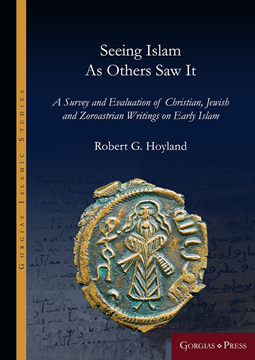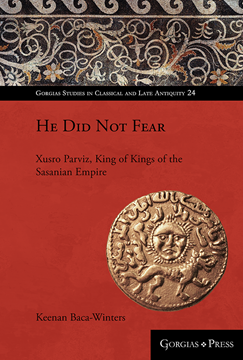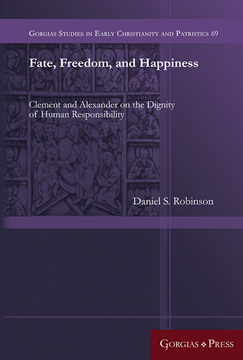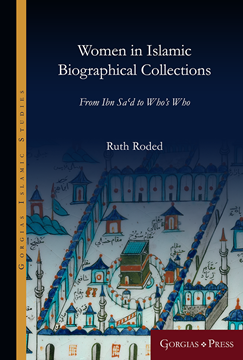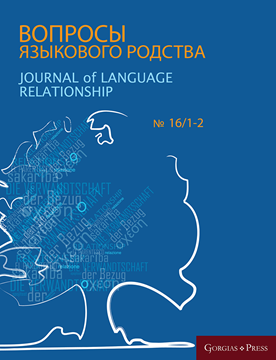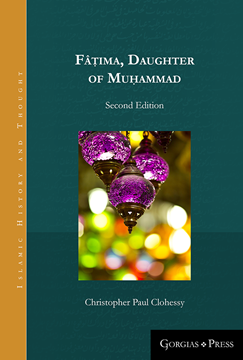Seeing Islam as Others Saw It
A Survey and Evaluation of Christian, Jewish and Zoroastrian Writings on Early Islam
Series: Gorgias Islamic Studies 12
ISBN: 978-1-4632-3926-8
This seminal work continues to shape the thought of specialists studying the Late Antique crossroads at which Christian, Jewish, Zoroastrian, and Islamic histories met, by offering the field a new approach to the vexing question of how to write the early history of Islam. The new edition of the study produces the original text with the addition of a substantial forward in which Hoyland discusses how the field has developed over the two decades that proceeded the book’s first publication. Hoyland also shares some personal reflections on how his thinking has since developed and the potential impact of this on the findings of the original study. The book also includes new appendices that detail the later publications of the author.
$114.95 (USD)
He Did Not Fear
Xusro Parviz, King of Kings of the Sasanian Empire
ISBN: 978-1-4632-3927-5
He Did Not Fear: Xusro Parviz, King of Kings of the Sasanian Empire spotlights Xusro II, the man who almost conquered the Roman Empire in the Roman-Sasanian War of the Seventh Century CE, and examines his historical prominence.
$114.95 (USD)
Fate, Freedom, and Happiness
Clement and Alexander on the Dignity of Human Responsibility
ISBN: 978-1-4632-3928-2
In what particular manner human beings are free moral agents and to what extent they can reasonably expect to attain a good life are two intertwined questions that rose to prominence in antiquity and have remained so to the present day. This book analyzes and compares the approaches of two significant authors from different schools at the turn of the third century CE, Alexander of Aphrodisias and Clement of Alexandria. These contemporaries utilize their respective Peripatetic and Christian commitments in their employment of the shared Greek classics toward these shared ethical questions.
$149.50 (USD)
Women in Islamic Biographical Collections
From Ibn Sa'd to Who's Who
By Ruth Roded
Series: Gorgias Islamic Studies 11
ISBN: 978-1-4632-3930-5
Women in Islamic Biographical Collections: From Ibn Sa'd to Who's Who is a groundbreaking study of 40 bibliographical collections, dating from the 9th century to the present, investigating which type of woman Muslim scholars have deemed worthy of recording for posterity. The analysis clearly indicates that Muslim women have achieved prominence in certain fields at certain times.
$114.95 (USD)
Journal of Language Relationship 16/1-2
Series: Journal of Language Relationship 16/1-2
ISBN: 978-1-4632-3932-9
The Journal of Language Relationship is an international periodical publication devoted to the issues of comparative linguistics and the history of the human language. The Journal contains articles written in English and Russian, as well as scientific reviews, discussions and reports from international linguistic conferences and seminars.
$72.00 (USD)
Fâṭima, Daughter of Muhammad (second edition - hardback)
Second Edition
Series: Islamic History and Thought 10
ISBN: 978-1-4632-3933-6
The only child of Muhammad to survive him, Fâṭima was from early times taken up by Shî’a Islam, for whose adherents she is the virgin mother, the heavenly intercessor with untold power before God’s throne, and the grieving mother of al-Husayn, the Shî’a's most important martyr. During her life she was impoverished and weak, neglected, marginalized, and divested of justice: but her reward in heaven comprises incalculable riches, all those in heaven will bow their heads to her, and her company will be the angels and the friends of God. Here, for the first time, her story is told.
$95.00 (USD)
